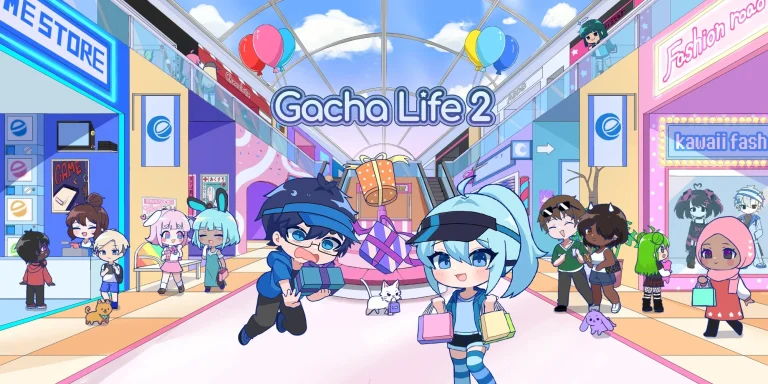Growing in popularity, Gacha games have become a significant part of the gaming industry landscape. As an avid gamer, I’ve often pondered the question: Is Gacha truly a kids’ game? The colorful characters, enticing rewards, and simple mechanics might suggest it’s designed for a younger audience, but is that the full story?
In this article, I’ll delve into the world of Gacha games to explore their appeal, mechanics, and potential impact on children. From the addictive nature of collecting characters to the controversial monetization strategies, there’s more to Gacha than meets the eye. Join me as we uncover the complexities of this genre and unravel the debate surrounding its suitability for younger players.
Exploring Gacha Games
Delving into the world of Gacha games reveals a fascinating combination of colorful characters, enticing rewards, and simple mechanics that have contributed to their widespread appeal. As I examine the mechanics of Gacha games, I uncover their addictive nature in collecting characters and the controversial monetization strategies employed within the genre. The complexities inherent in Gacha games raise questions about their suitability for younger players.
Influence on Children
As I investigate the influence of Gacha games on children, it’s essential to acknowledge both the positive aspects and negative impacts of these games on young players.
Positive Aspects
Exploring the potential benefits of Gacha games for children, I find that these games can enhance creativity and strategic thinking. By collecting different characters and customizing their teams, kids can engage in imaginative storytelling and develop critical decision-making skills.
Negative Impacts
Considering the adverse effects, it’s crucial to note that Gacha games can promote gambling-like behaviors in children. The randomized nature of obtaining characters and rewards may instill a sense of unpredictability and encourage impulsive spending, raising concerns about the financial implications and addictive tendencies associated with these games.
Ethical Concerns
Discussing the ethical concerns surrounding Gacha games is crucial in understanding the broader implications of their impact, especially on young audiences. As a seasoned observer of gaming trends, it’s evident that one of the primary ethical issues associated with Gacha games is their potential to normalize and even glamorize gambling-like behaviors among children. The randomized nature of acquiring in-game items, characters, or rewards mirrors the mechanics of gambling, which can inadvertently desensitize young players to such practices.
Moreover, the aggressive monetization strategies employed by Gacha games raise ethical red flags. These games often utilize manipulative tactics to encourage players, including minors, to spend real money on virtual items through enticing offers, limited-time deals, and exclusive rewards. This predatory approach to monetization can exploit vulnerable individuals, leading to financial harm, addiction, or loss of control over spending habits.
Another ethical dilemma posed by Gacha games is the lack of transparency regarding odds and probabilities when pulling for items. The absence of clear information on the likelihood of obtaining rare or desirable items can mislead players, especially younger ones, into repeated and potentially excessive spending in pursuit of uncertain rewards. This lack of consumer protection measures raises concerns about the fairness and integrity of the gaming experience, particularly in the context of a predominantly underage player base.
Ethical considerations must remain at the forefront of discussions surrounding Gacha games, particularly concerning their impact on children and adolescents. As a responsible commentator in the gaming industry, it’s crucial to highlight these concerns to promote awareness, regulation, and responsible consumption practices to safeguard vulnerable players from potential harm and exploitation.
Conclusion
In exploring the impact of Gacha games on children, it’s evident that while these games offer opportunities for creativity and strategic thinking, they also pose risks related to gambling-like behaviors and excessive spending. The ethical concerns surrounding Gacha games, including their potential to normalize risky behaviors and target vulnerable players, highlight the need for greater transparency and regulation in the gaming industry. As a parent or guardian, it’s crucial to be aware of these issues and to guide children towards responsible gaming practices. By fostering open discussions and promoting healthy gaming habits, we can help ensure that children engage with Gacha games in a safe and mindful manner.

